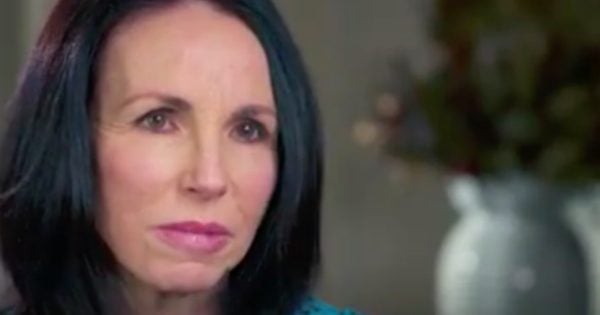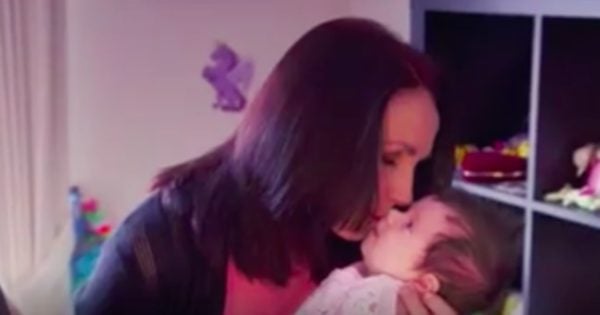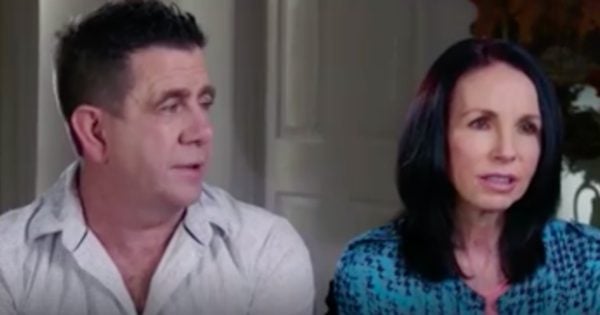How much is having a child worth to you?
Nine months of carrying a growing baby? The better part of a year going to events without alcohol? Perhaps a few thousand dollars in fertility treatment?
What about the risk of almost two decades behind bars?
This is the most tragic predicament facing Australian couples who are so desperate to have a child of their own, they’re resorting to paying for donor eggs. It is, by definition, an illegal activity in Australia, carrying punishments which can include prison for up to 15 years.
Tonight’s 60 Minutes explored the complexities of the IVF black market: a suffocating vortex of vulnerable parents, greedy donors, and and a very human and inherent desire to procreate.



Top Comments
as someone who never wants children, id be happy to sell my eggs if it was legal.
hypocritically, i'm not really "for" IVF, i think if you can't have children, then you can't have children, but i think it doesn't directly affect me so whatever!
When a dr tells you you can't have children without science then you can have an opinion. There is nothing like holding a child in your arms when you thought you would.
as if they would ever do jail time if prosecuted, lets face it, you'd be lucky to do fifteen years for murder, there was no risk.....